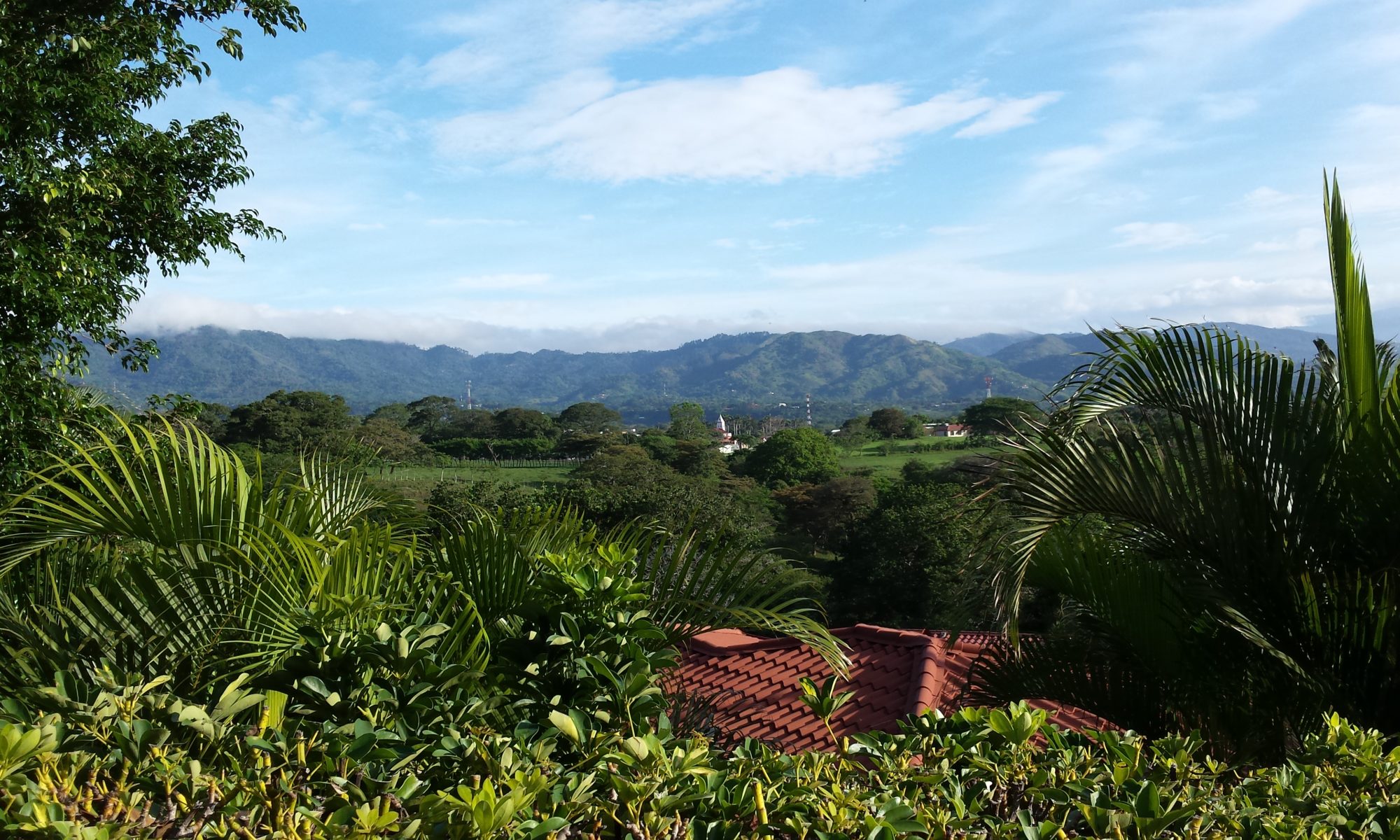Christopher Howard’s Blog “Live in Costa Rica” quoted a list of things from still another blog call “Tico Bull.” It is titled: WHAT IS CONSIDERED NORMAL IN COSTA RICA, BUT NOT ACCEPTED BY FOREIGNERS
I encourage you to follow the above link to his original article and maybe get acquainted with his blog. BUT, I wanted to “update” or add my comments to the list in dark red that he copied from Tico Bull below:
The following list is a generalization, though, so obviously doesn’t apply to all Americans and Canadians.
- Not being able to pay a bill by mail (send in a cheque). In the past, you had to go to a particular business to pay a bill, now it can be paid online or at the bank or supermarket, but no check in the mail. Through my local bank I have all my regular bills “auto debit” paid automatically except my rent because my landlord uses a different bank.
- Not being able to receive mail at your home, six days a week.
- Not being able to send mail from your home, six days a week.
- There is periodic home mail delivery in Atenas (and some other towns), but if you are not home the carrier will often just stick it in the gate and wind can blow it away, thus I have a moderately priced post office box for my mail address to avoid worrying about being home when the mail carrier comes. Plus I have a U.S. Address in Miami through Aeropost.com for some mail which I pickup at the Aeropost office in Alajuela when I am notified by email. Going there on a free bus.
- Not having Amazon Prime. Similarly Netflix is hugely different here with not nearly as many movies included because Hollywood wants each country to pay some outlandish fee to “license” the showing of their movies in that country. Here you get lots of Spanish language movies with a limited number of usually older American films plus lots of TV shows and fortunately a lot of nature shows, Nat Geo stuff, etc. Some of it is in verbal Spanish with English subtitles available, though more is in the original English with Spanish subtitles available. My personal default setting on Netflix CR is verbal English with Spanish subtitles which helps me a little in learning to speak Spanish.
- Knowing that even if you order something online, there is a good chance that someone in customs will decide they want it and confiscate it. Using a service like Aeropost.com for internet orders solves that problem as they walk it through customs and have insurance on your orders. It is expensive, but most of the cost is the customs charges or import taxes. Worth the cost to me. I order everything on the internet sent to my Miami address at Aeropost.
- Having to pay very high import taxes on any package that gets through, including items confiscated out of it. Import taxes & Sales Taxes are high here, but there is no income tax nor much property tax, so it kind of evens out for most people.
- High priced cars. I have no car here and walk or use taxis locally and buses to other towns which are free or discounted for a senior adult. I go to Alajuela regularly by bus totally free!
- Towns and villages that have either dirt or gravel roads. This is changing rapidly! i.e. Atenas Central is all paved, though a few rural roads out of town are still gravel. “Backwoods” or out of the way places are still not paved and the popular tourist town of Monteverde is one example, but they are paving the highway to there as we speak! 🙂
- The necessity to have very good home security, either through iron bars at the windows, high walls, dogs, security guards, or all of the above. Americans and Canadians typically don’t wall their properties; dogs are pets; and enjoy large, plate glass windows with no need for security bars over them. I’m in a “gated community” called Roca Verde with an entrance gate and 24 hour guard service and we rarely have a problem. I’m in a “casita” or little rent house on the fenced & gated property of a big house and I have no bars on my windows and no dog and have never activated the built-in burglar alarm. I used to leave everything open and unlocked even at night, but one evening someone walked into my house while I was there and grabbed my cell phone and left. That and a backpack being taken from the floor of a touristy sidewalk cafe in Puntarenas my first year here are my only two robberies. Common sense helps, like I lock my doors by nightfall now and hang on to my backpack.
- The need for women to hold their purses at all times, never putting them on a bench or a chair beside you or it might get stolen.
- The assumption that if a repairman comes to your home, he will speak to the man of the house, rather than the lady of the house—even if she knows more about what needs to be repaired than her husband. This is changing now with so-called chauvinism frowned upon by all generations, especially the younger. There is a high respect for women and all older people.
- The extreme caution one must take before letting someone (repairman, employee, new acquaintance) into your home because he/she might come back and steal from you later.
- If something is accidentally left somewhere, you can know that someone else took it. There is no going to lost and found to see if the item was turned in. Depends on the place or people there. I’ve returned to a business for an umbrella left and it was still there and once briefly left my wallet and got it back.
- Each culture is different. American and Canadian culture has a few things that other cultures view negatively. But there are always reasons behind cultural differences.
- As an Italian, for example, we are loud, especially among a group of friends. Americans and Canadians love their large personal space. Costa Ricans and most Latin Americans can’t understand stand. Nor Europeans for that matter.
- In addition, the majority of Americans, Canadians and Europeans have a level of personal honesty and integrity not always seen in Costa Rica, despite Ticos adopting much of North American and European cultures. An example of that is eating at a mall food court, but ladies won’t hang their purse or he his backpack on the back of the chair.
- Living in a home with huge windows with no bars is unheard of, unless living in a gated community, but even then it won’t be surprising that someone will put up bars. For example, as I write this, I am looking out of my big glass window onto my yard, about 30 meters from the street. The window has bars, but I refuse to put up razor wire on the metal fence. I have dogs.
- In closing, generalizations can be helpful, but they need to be understood for their limitations. Each culture has beauty if you’ll take the time to look, adapt and adopt the “pura vida”. Maybe his most important statement!
Much of this sounds like a typical “negative American” who criticizes everything not American and thus really has no business living here. Most of the above is true to some degree, though the dishonesty and thievery by Ticos is greatly exaggerated and in my small town I find almost everyone to be honest and very helpful to or accommodating of foreigners. And remember that you are the foreigner, not them. 🙂
It is essential that one adapt to the local culture when they move to another place anywhere in the world and recognized that it is yourself that is “abnormal” not the locals. You try to speak the language and go with the culture and they will love you and help you in every way possible! I’m amazed at the many Americans who in the states expected Mexicans and Cubans to learn and speak English there, but they don’t even try to learn Spanish here! They become “The Ugly American” of the 1958 novel by Eugene Burdick and William Lederer. 🙂
¡Pura Vida!


